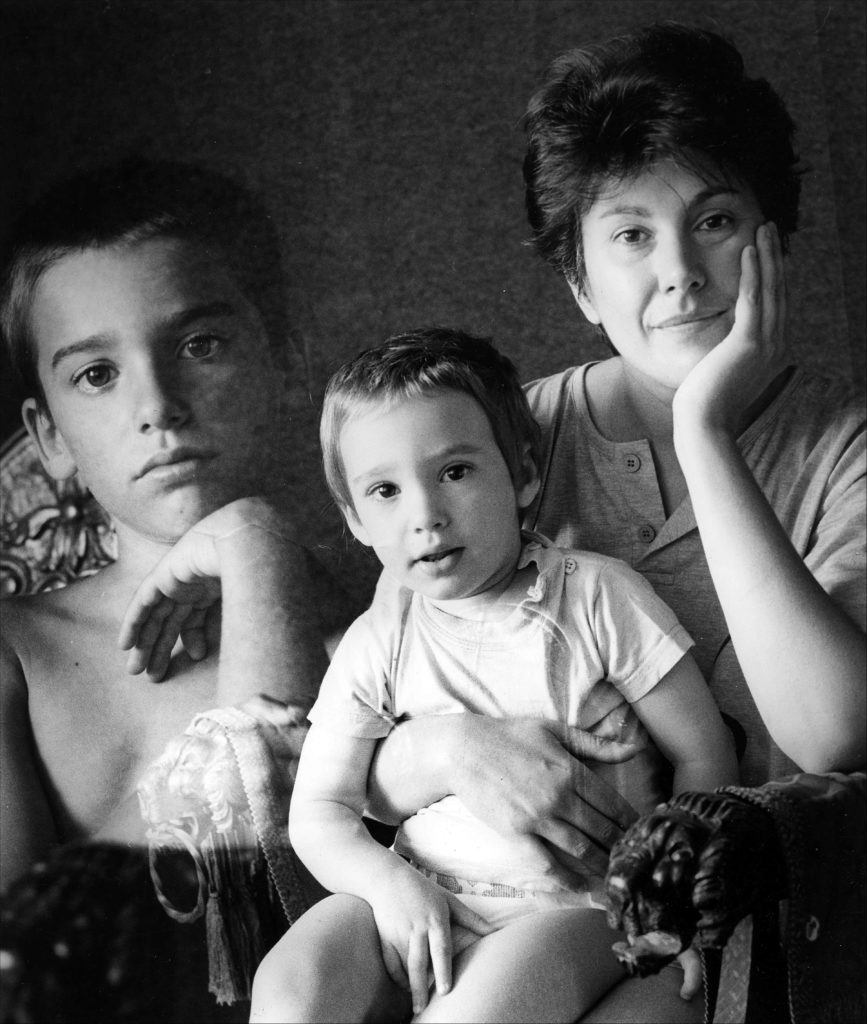This post is also available in: Français (French) العربية (Arabic)
In Italy, over the past thirty years, in public debates as in private conversations, I have often found myself debating with men, but also with many women who are convinced that the struggle for the cancellation of the mandatory paternal name and the ability to add the maternal name, is a minor struggle. I am referring to women and men who are distant from leftist politics: even among the young families of activists, very few have decided to embark on the journey to fight against the lengthy bureaucratic system imposed on us when we demand that the surname of the mother is granted to children- a journey I know well from having experienced it twice with my own children.
This issue is not secondary, as it concerns the injustice resulting from the annulment of the mother and the absolute power that still permeates the conception of the family in Italy, despite the laws of the 1970s and those that followed. This injustice perpetuates the domination of the masculine as the only sex (or the worthiest, according to Italian grammar until the 1960s) to represent heritage, both economically and symbolically.
Not many feminists have faced the difficult process -and the cost- of giving their last name to their children. It is indeed a path that struggles to garner solidarity and consensus, even though it is very much about making a reality of the feminist vision according to which “the personal is political”, leaving the rhetoric aside, despite its continuous necessity.
Patriarchy is not only external. It is well anchored in the body and spirit of our adversaries. It is also inside us, and this remains the most difficult part to face because giving oneself value in human relationships, especially in affective relationships, means paving the way to conflicts, and it hurts. For women, it also means breaking this “dream of love”, a concept that needs to be pondered upon more profoundly.
